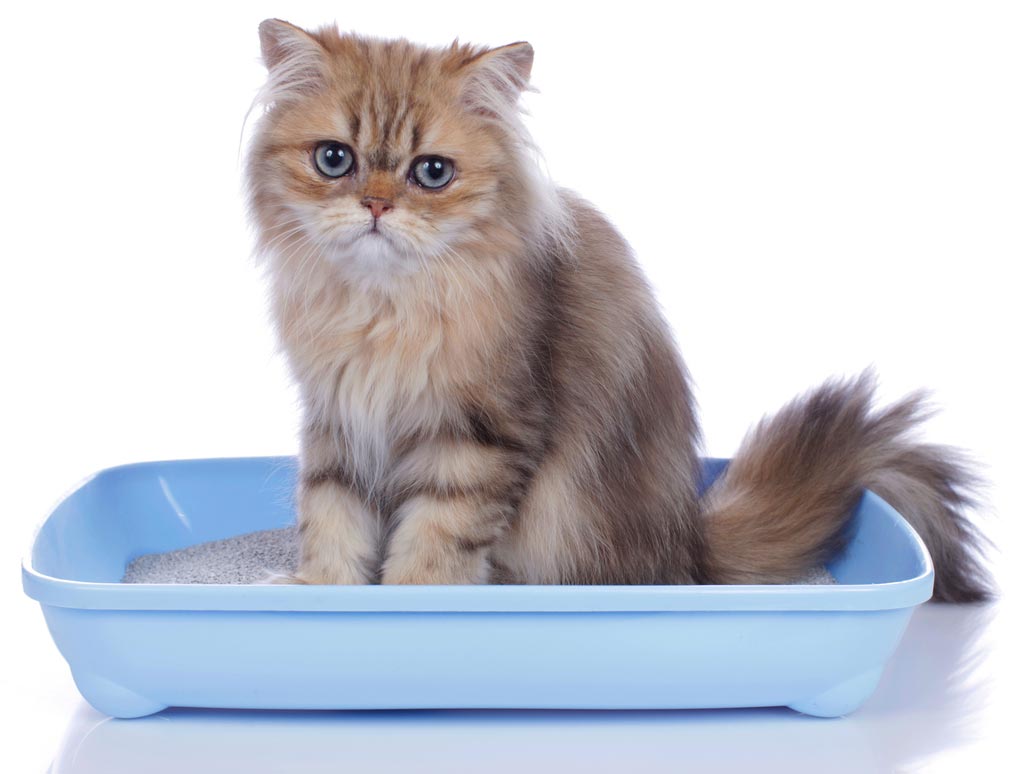Exploring Eco-Friendly Alternatives to Traditional Cat Litter Options for Pet Owners
Exploring Alternative Cat Litter Solutions A Comprehensive Guide
As cat owners, we understand the importance of providing a comfortable and hygienic environment for our feline friends. One often-overlooked aspect of cat care is the type of litter we choose for their litter boxes. Traditional clay-based litters have been the go-to option for many years, but growing concerns about sustainability, environmental impact, and potential health issues have led many to explore alternative cat litter options. In this article, we will delve into various alternatives to traditional cat litter, examining their benefits, drawbacks, and suitability for your cat.
The Case Against Traditional Clay Litter
Traditional clay litters, particularly those made from sodium bentonite, are not biodegradable. The process of mining clay can lead to significant environmental degradation. Additionally, many clay litters contain additives that may be harmful to both cats and humans. These factors have prompted cat owners to seek more sustainable litter solutions that are both eco-friendly and safe for their pets.
Types of Alternative Cat Litters
1. Wood-Based Litters Made from sawdust or recycled wood materials, wood-based litters offer excellent absorbency and a natural pine scent that helps control odors. They are biodegradable and can be composted, making them an excellent eco-friendly choice. However, some cats may be sensitive to the texture, so it's important to monitor your cat's preference.
2. Paper-Based Litters This type of litter is made from recycled paper and is highly absorbent. Paper litters are often dust-free, making them suitable for cats with respiratory issues. They are also biodegradable and can be composted. However, their clumping ability may not match that of traditional clay litters, which can be a consideration for some cat owners.
3. Corn-Based Litters Corn-based litters are made from processed corn kernels and are known for their clumping ability and natural odor control. They are biodegradable and can be composted, offering a sustainable alternative. However, some cats may be attracted to the scent of corn, potentially leading to accidental ingestion. Additionally, corn-based litters may be more expensive than traditional options.
alternative cat litter sand

4. Wheat-Based Litters Like corn-based litters, wheat-based options offer excellent clumping and odor control. They are made from waste from the wheat industry and are biodegradable. Some brands also feature added natural enzymes to help break down waste. While many cats enjoy wheat-based litters, they can attract pests if not stored properly.
5. Coconut Husk Litters Made from the byproducts of coconut processing, coconut husk litters are biodegradable and known for their excellent absorbency. They offer a unique texture that some cats may prefer and can help control odors effectively. However, availability may be limited depending on your location.
6. Grass-Based Litters These litters are made from natural grass fibers and offer a lightweight, clumping option for cat owners. They are biodegradable and environmentally friendly. Grass-based litters may not be as commonly available as other options, but they are worth considering for their sustainability.
Considerations When Choosing Alternative Litters
When exploring alternative cat litters, it's essential to consider your cat’s preferences, sensitivities, and behaviors. Some cats may take time to adjust to a new type of litter, so a gradual transition can be helpful. Mixing the new litter with the old can ease the process. Additionally, availability, cost, and ease of cleaning are also crucial factors to take into account.
Conclusion
Switching to alternative cat litters can have a significant impact on both the environment and the health of our cats. Each type of alternative litter offers its unique set of benefits and challenges, so finding the right one for your feline friend may take some experimentation. By considering sustainability and your cat's needs, you can make an informed decision that positively affects both your household and the planet. Choosing a litter that aligns with your values while ensuring the comfort of your cat is an essential step toward responsible pet ownership.







